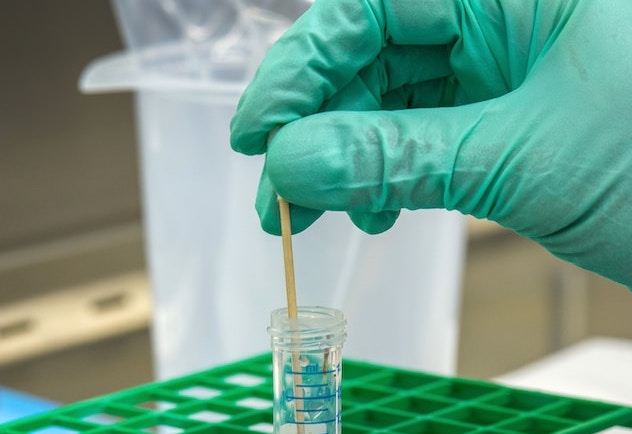
The terms "vaccination" and "immunization" are now commonplace as the COVID-19 pandemic continues to afflict the world. However, many people may mistake these terms for one another, resulting in misunderstandings and confusion. Despite the fact that both terms involve disease prevention, they refer to distinct processes. We will examine the differences between vaccination and immunization.
Vaccination
The process of injecting a vaccine into the body to elicit an immune response and protect against a particular disease is known as vaccination. A virus fragment, a weakened or inactive form of the virus, or a synthetic virus created in lab can all be used to make the vaccine. The immune system of the body recognizes the vaccine as a foreign substance and produces a response to destroy it.
The immune system of our body then produces antibodies, which are specific to the virus injected, and creates memory cells, which remember how to fight the virus if it is ever encountered again.
This means that if a person who has been vaccinated comes into contact with the virus later on, their body will recognize it and create the antibodies needed to fight it off quickly. Vaccination is very important in preventing sickness and stopping diseases from spreading among people. It has been proven to be very effective in achieving this goal.
Immunization
Immunization is the process of becoming immune to a disease. Sometimes this happens naturally when a person gets sick and their body fights it off, leaving behind antibodies that provide protection. Other times, immunization happens by getting a vaccine. A vaccine contains a small amount of the virus(as explained in the previous paragraph), which helps the body build defenses known as antibodies against it.
Immunization is a continuous process that involves not only receiving vaccines but also maintaining protection against diseases over time. To maintain immunity, people may need to receive additional doses of a vaccine or booster shots. Herd immunity is also important, which is when a significant proportion of a population is immune to a disease, making it difficult for the disease to spread. It is also a part of immunization. This helps protect people who are unable to get vaccinated due to certain medical conditions or allergies.
Is vaccination a part of immunization?
Yes, vaccination is a method of achieving immunization so definitely it is a part of immunization.
Think of it as every vaccination is also immunization but the reverse is not true.
Conclusion
In conclusion, while vaccination and immunization are related, there is a difference between the two. Vaccination is a way to achieve immunization and is a part of the whole immunization process.
